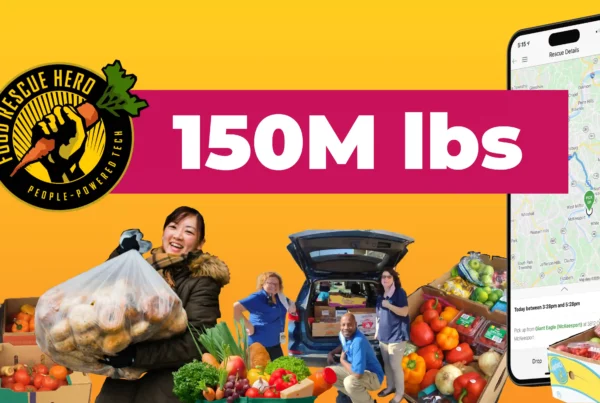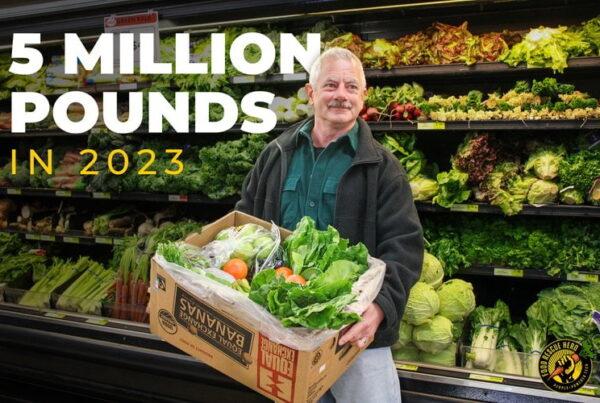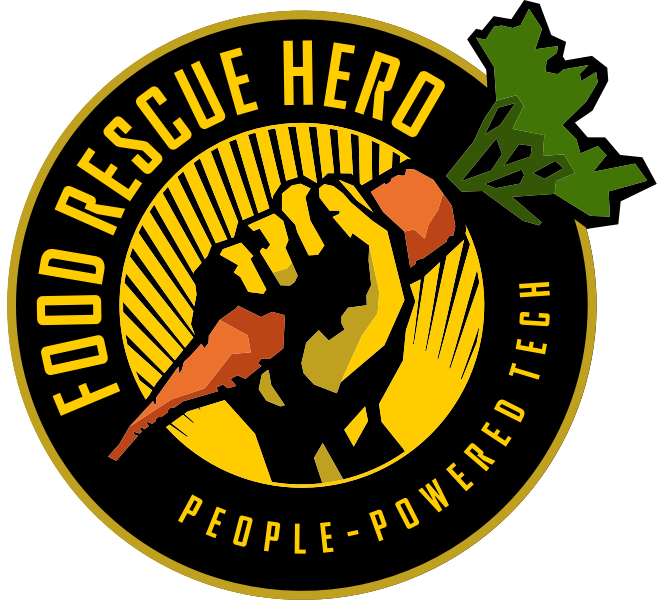NBC Nightly News – February 27, 2023
This week, many Americans are bracing for the end of one of the last remaining pandemic assistance programs. Without extra food benefits, many now wonder how they’ll put enough food on the table. Here’s Dasha Burns.
Jessica Ramos is a single mom. Feeding her six kids has always been a struggle.
“What do you think about when you go to bed at night?”
“If we’re going to be OK for the next week.”
Her family is among more than 42 million Americans who receive SNAP benefits, what used to be known as food stamps. During the pandemic, the government boosted those benefits. Jessica received an extra $300 a month.
“They came in handy. They really did. The prices are going so high that we need them.’“
These benefits kept 4.2 million people out of poverty and reduced child poverty by 14 percent, according to the Urban Institute. But this month marks the end for those expanded benefits because of a provision in last year’s omnibus spending bill.
“The scary part for the next month is how are we going to live? What’s going to happen?”
“What are the sort of decisions you’re going to have to make to keep feeding your kids?”
”“It was either pay a bill or pay or buy some groceries.”
Jessica is not alone. Food banks across the country are preparing for a rise in food insecurity.
“We have people calling our organization every day looking for more food resources.”
George Matisik is the executive director of Share Food Program, one of the largest food banks in Philadelphia. He says they’ve already seen a 70 percent increase in demand over the last year as food prices have skyrocketed.
“For organizations like ours, that means having to work around the clock to make sure we’re sourcing more food to serve more people.”
The typical SNAP household will see monthly allotments drop by at least $95. For older Americans and big families like Jessica’s, the difference will be hundreds of dollars.
“For people in Washington who are making these decisions, what do you want them to understand about what life is like for you?”
“For them to put themselves in our shoes.”
“That we really are struggling out here.”
“To please us, consider, think about it, the children – mostly children.”






